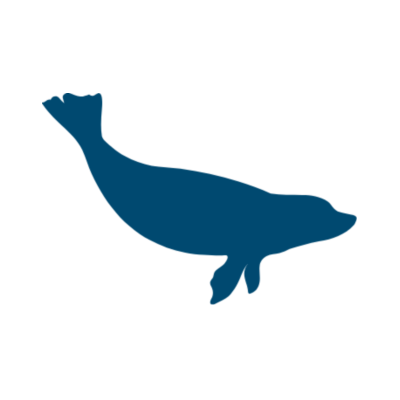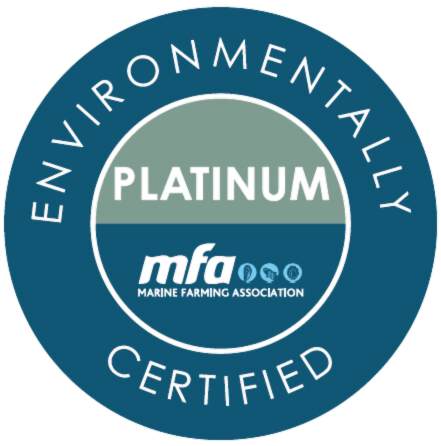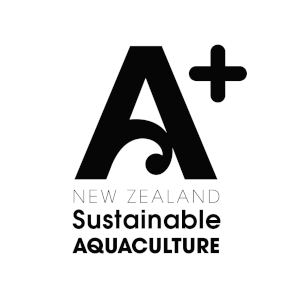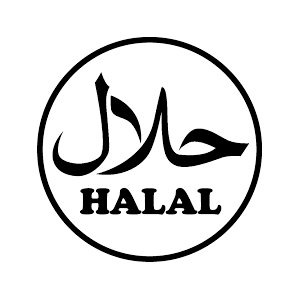Our Environment
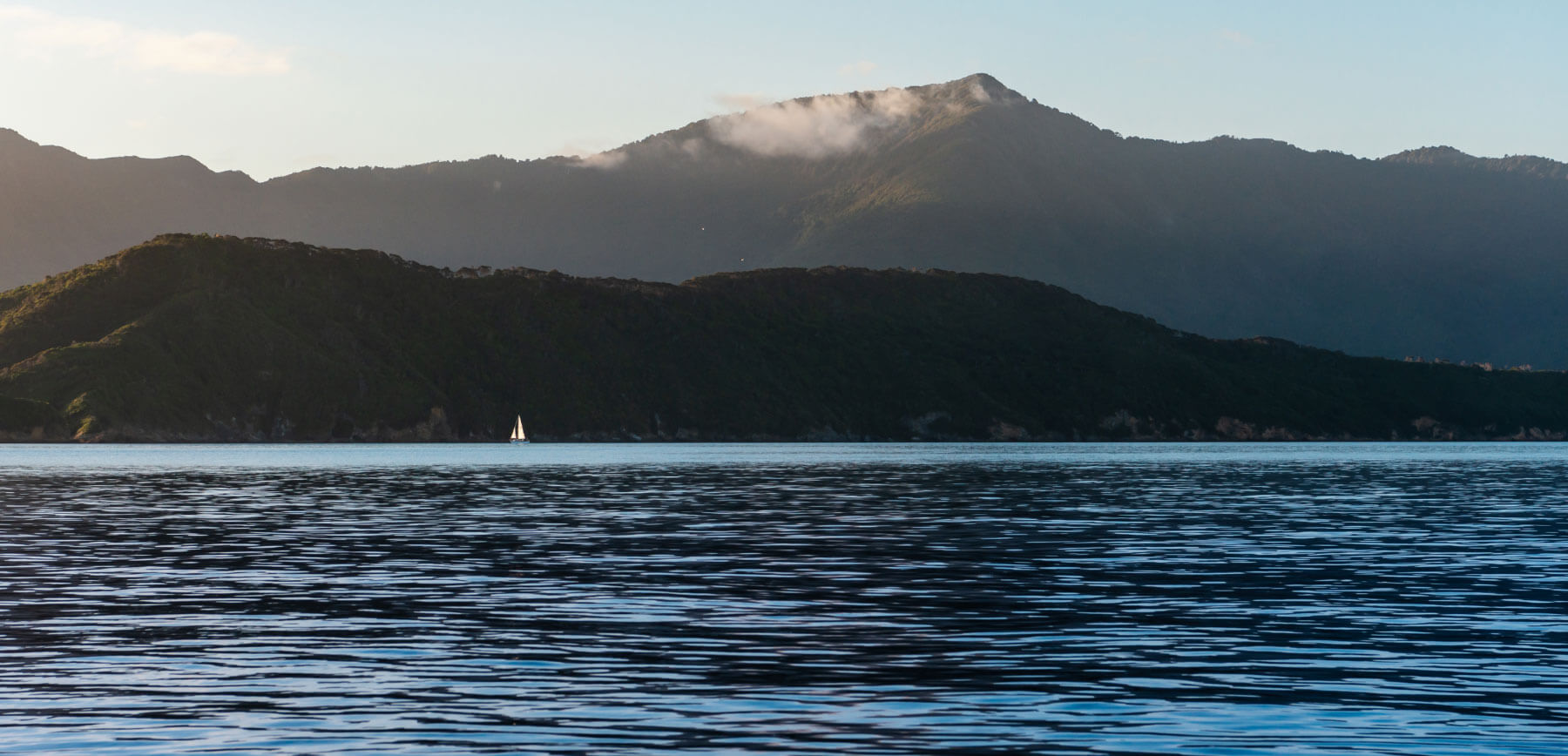
We follow operational best practice and monitor and measure our progress to ensure we take the best possible care of our environment.
Respect for the Springs
Nurtured in the pristine waters flowing from Te Waikoropupū Springs in Tākaka, Golden Bay, our King salmon are raised in protected isolation. The water from the springs is natural and pure with a constant temperature.
Over the past decade, we have planted approximately 10,000 native trees around the site in order to regenerate the native environment whilst also ensuring our facility remains discreet from the Te Waikoropupū Springs visitor walkway.
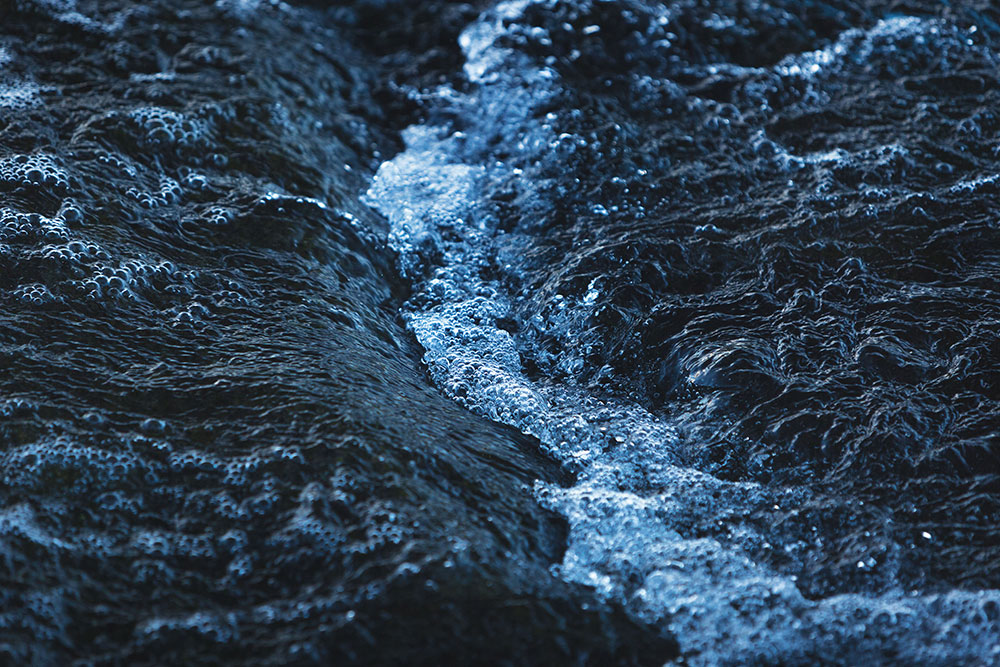
The aeration created by the cascading water running through the farm helps to reduce CO2 and increase oxygen, both to our salmon and to the outgoing water. The streams around the farm are host to a variety of local flora and fauna including tuna/native eels, kōura/freshwater crayfish and shags.

Environmental stewardship
To manage the risks associated with our sea farm activities, we continue to develop and implement a range of management plans across our farming operations. These plans are established in consultation with local council, independent science providers and often local iwi. The plans cover a wide range of topics such as wildlife interactions, oil spills and biosecurity.
Marine wildlife interactions
We have management controls and plans in place to guide appropriate interaction with marine wildlife, with our main focus being seals, bird life, and other marine mammals such as dolphins and sharks.
The New Zealand fur seal is a persistent visitor to our farms, attracted to the source of food. Predator nets are in place, and our farm teams take daily action to ensure the safety of the seals and our salmon.
A permit is required to handle them, with all seal interactions managed by the Department of Conservation under the Marine Mammals Protection Act 1978.
Shark interactions are minimal due to the predator nets we have in place. Sharks are protected, and all sharks are covered by our Marine Mammal and Shark Management Plan.
We take all interactions with mammals and seabirds seriously and report incidents within 30 days of occurrence.
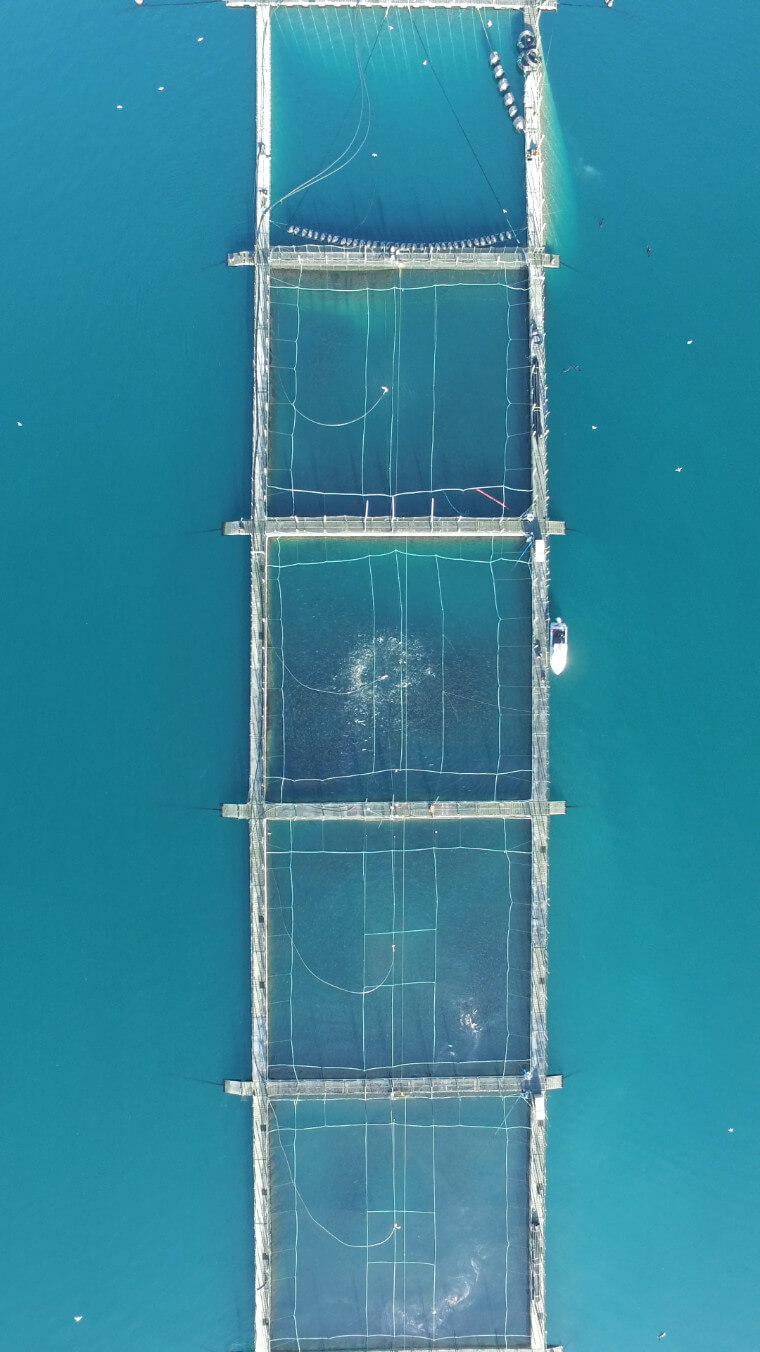
Marine mammal and seabird notifications
King Shag
The New Zealand King Shag (Leucocarbo carunculatus) is one of the rarest seabirds in the world and is endemic to the Marlborough Sounds. Low numbers and a very small distribution area are a continuous concern for the survival of this species.
We are a member of Marlborough’s Marine Farmers Association King Shag working group, an initiative involving local industry, council and iwi, along with MPI, DoC, community, ornithologists and others to learn more about this unique species and how we can better protect it.
We are aware of interactions with King Shags on our farms and are actively trying to manage these. We have a King Shag Management Plan and each year undertake a census to establish the population of this nationally endangered species.
Results of the latest census can be found here.
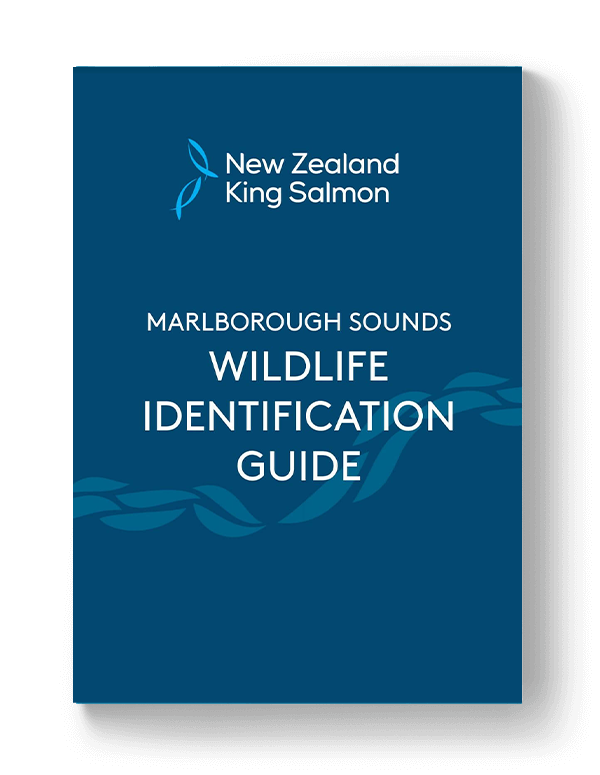
Wildlife identification guide
We monitor the abundant wildlife activity around our seafarms and report sightings of certain species. This helps to identify patterns and trends and improves the science-based knowledge around these species and their behaviours. Our Marlborough Sounds Wildlife Identification Guide can be found below.
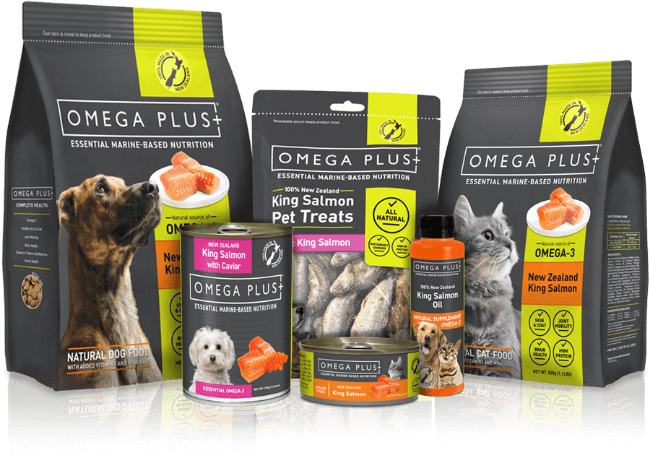
Maximising what we have
We are always looking for ways to reduce waste and better utilise our remaining raw materials. In 2015 we introduced a new division to our company; Omega Innovations. This team focuses solely on reviewing our traditional ‘waste’ components and turning them into high-value products and brands such as Omega Plus, our nutritious pet food range that contains King salmon as the number one ingredient.
Verifying our practices
We have chosen third-party certifications as we believe they are vital to ensuring our industry operates responsibly and to the highest standards possible. That is why we have committed to achieving some of the most stringent and widely respected standards in aquaculture. These certifications and recommendations are achieved through regular independent audits.
BAP is a globally trusted, comprehensive and proven third-party aquaculture certification program which certifies each step in the production chain. BAP have been improving the environmental, social and economic performance of the aquaculture supply chain and growing the global supply of responsibly farmed seafood since 2002.
Representing marine farmers in the Top of the South Island, the MFA Environmental Certification Programme is designed to recognise and record active participation in and agreement to the objectives of the MFA Environment Programme, including adherence to the Industry Standard Operating Procedures and Codes of Practice.
A+ is a world class sustainable management framework which enables the New Zealand aquaculture industry to better engage with communities and continuously improve environmental practises while strengthening global demand for seafood.
All our fresh King salmon products are independently certified as Halal, in addition to the majority of our smoked variants and our salmon feed.
If you would like further information please email us
Future farming
Salmon farming is one of the most efficient and sustainable ways to produce animal protein, and with global demand for protein expected to double by 2050, we have the opportunity to contribute to this demand with minimal environmental impact.
We believe we can develop a world-leading aquaculture industry.
